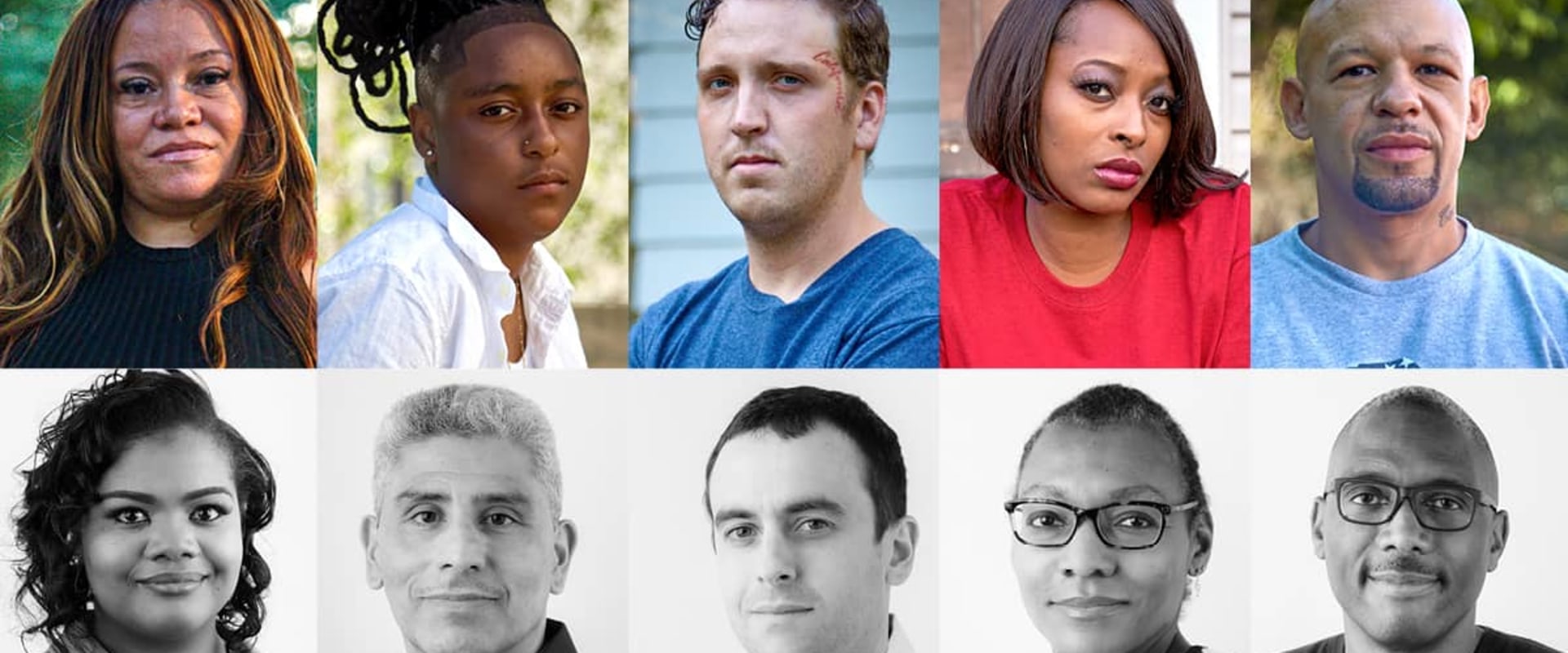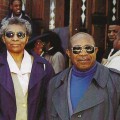Half a century after the Civil Rights Act, inequalities in access to resources still plague St. Louis, leading to billions of dollars in healthcare costs and lost wages. This report will explore the nature of racial disparities in St. Louis, with a particular focus on the intersection of poverty, incarceration, and educational disparities.
We will then discuss grassroots and citywide efforts to end mass incarceration and promote equitable development. In the 1950s and 1960s, St. Louis experienced a dramatic population shift as many African Americans moved from the city center to outlying suburbs. This shift was accompanied by the demolition of around 40 churches as their parishioners dispersed.
The Polk committee is in contact with the Missouri Catholic Conference, and Catholic Charities' advocacy initiatives also collaborate with the state's Catholic bishops' public policy agency. The Church has long held that all creation is a gift given equally to all humanity, and that it must be shared in such a way that each person has the necessary resources to live a life that reflects their dignity; this includes not only basic material needs but also opportunities to develop their potential. In 1968, Larman Williams was one of the first African Americans to buy a home in the white suburb of Ferguson, Missouri. However, even without specific housing discrimination, African Americans' ability to pay for housing in middle-class suburbs would have been affected by other factors such as unequal wages. Waggoner Place Southern Methodist Episcopal Church was also a signatory to the pact; its pastor had defended the pact in court in an earlier case (194). Obtaining a real estate license in Missouri and other states requires extensive studies, testing, and recertification.
The St. Louis Real Estate Exchange and the Missouri Real Estate Commission considered sales to African Americans in white neighborhoods to be professional misconduct that could result in the loss of a license. The Church has a long tradition of teaching about poverty (see the Catechism, especially on pages 2442-244), especially in relation to economic systems and values. Union laws, low-income state tax credits, access to health care, and other issues were discussed at a meeting in St. Louis.
If church leaders had to choose between their tax breaks and racial exclusion, there might have been far fewer pacts covering St. Louis. In conclusion, it is evident that poverty and inequality remain major issues for churches in St. Louis today. While there have been some attempts to address these issues through grassroots initiatives and citywide policies, much more needs to be done if we are to achieve true racial equity.




